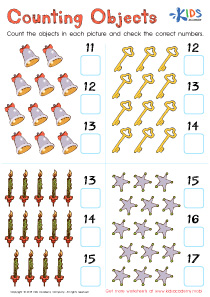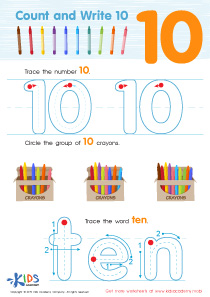Fine Motor Skills Normal Numbers up to 100 Worksheets for Ages 4-7
3 filtered results
-
From - To
Enhance your child's fine motor skills with our engaging "Fine Motor Skills Normal Numbers up to 100 Worksheets" designed for ages 4-7. These interactive worksheets offer a fun and educational way to practice counting and number recognition from 1 to 100 while simultaneously developing essential hand coordination and control. Each worksheet is thoughtfully crafted to provide age-appropriate challenges, allowing children to trace, color, and complete various activities that encourage creativity and precision. Perfect for home or classroom use, these worksheets turn learning into an enjoyable experience, ensuring your child gains confidence in their math abilities while mastering vital motor skills. Explore our collection today!
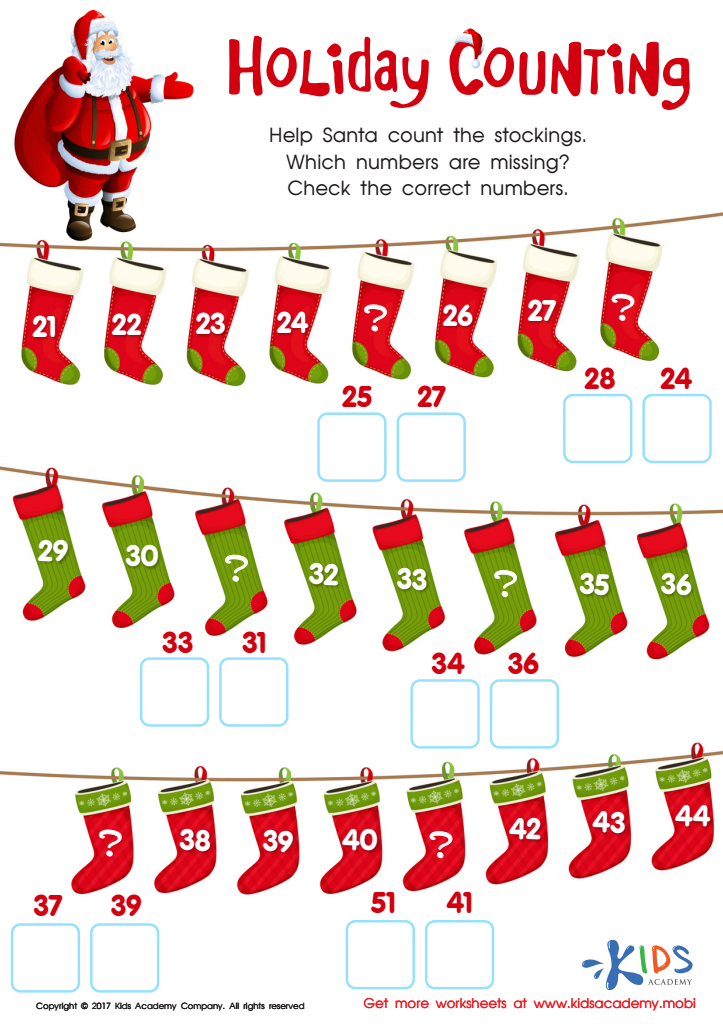

Holiday Counting Worksheet
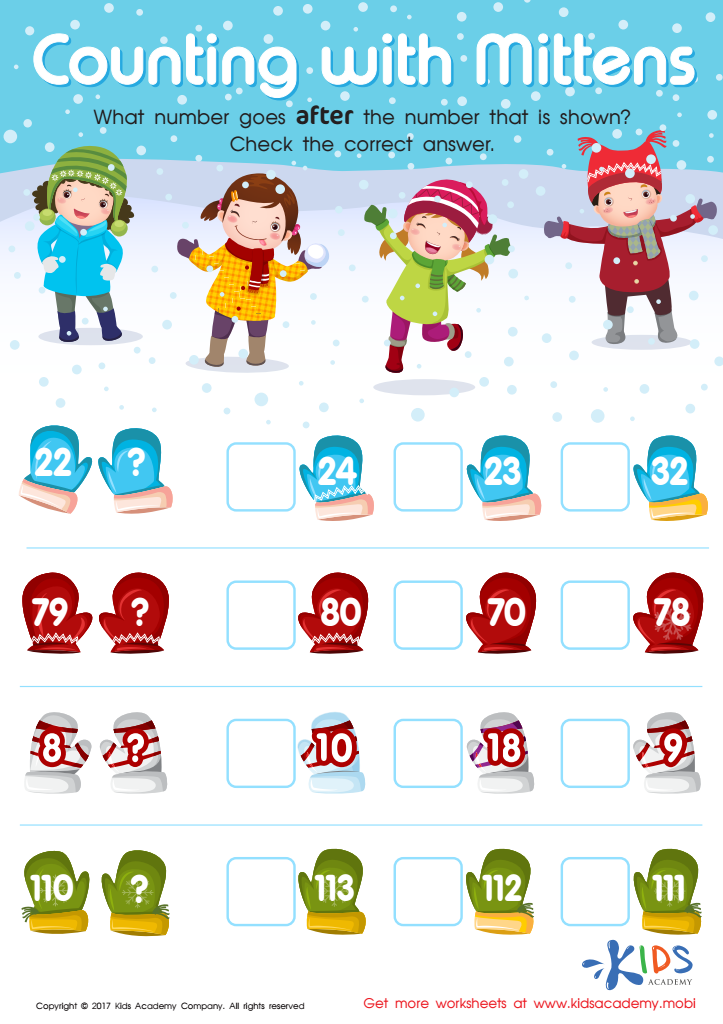

Counting with Mittens Worksheet
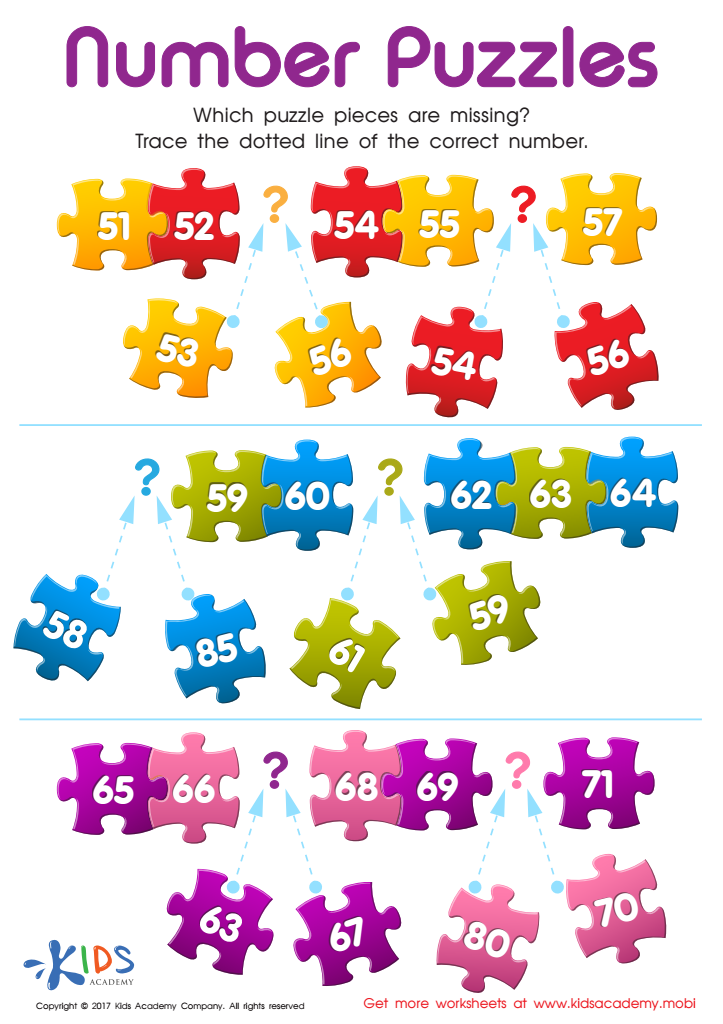

Number Puzzles Worksheet
Fine motor skills are crucial for young children's overall development, particularly for those aged 4-7. These skills involve the coordination of small muscles in the hands and fingers, essential for tasks such as writing, cutting, and manipulating small objects. Encouraging fine motor skill development not only enhances children's ability to perform everyday activities but also lays a foundation for academic success, particularly in tasks involving numbers and literacy.
When it comes to numbers up to 100, fine motor skills play a significant role in mathematical activities. Children need to accurately handle and align numbers, use manipulatives (like counting blocks), and perform writing tasks such as working in notebooks or on worksheets. Mastering fine motor skills allows children to confidently engage in these mathematical exercises, fostering a positive attitude toward learning.
Additionally, strong fine motor skills contribute to increased self-esteem and independence. When children can effectively manipulate objects, they are more likely to participate actively in classroom activities and contribute to lifelong learning habits. For parents and teachers, nurturing these skills through age-appropriate activities—like drawing, coloring, and building—becomes vital in supporting not just mathematical understanding, but broader cognitive, emotional, and social development.
 Assign to My Students
Assign to My Students







%20(1).jpg)





